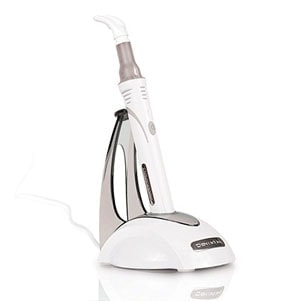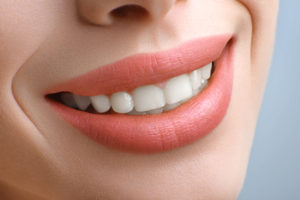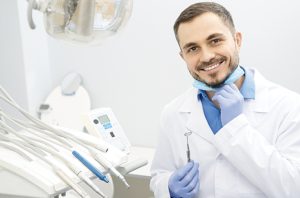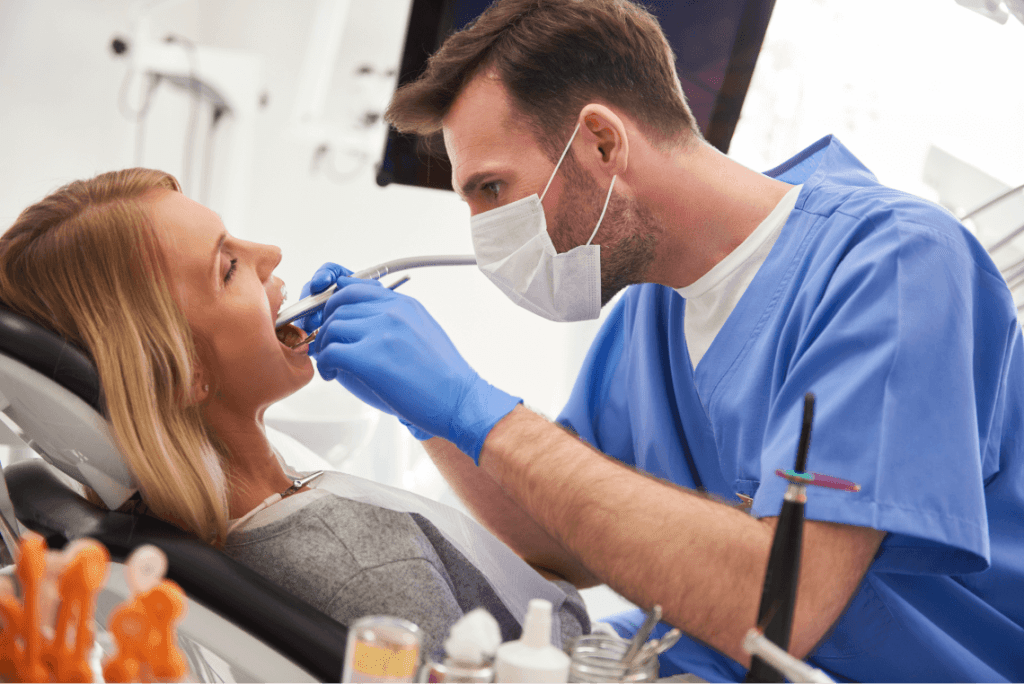The temporomandibular joint (TMJ) consists of a joint which is a ball and socket. The TMJ is surrounded by tendons and muscles that control movements such as chewing. A person may gradually experience muscle stiffness on one or both joints. Depending on the cause of this tightness, the stiffness may last for a short or prolonged period. Jaw tightness may become discomforting especially if accompanied by jaw pains.
That said the patient may practice jaw muscle exercise to loosen the muscle. Stress relief techniques work best in this situation. Others may also use mouthguards to loosen jaw stiffness.
Causes of Jaw stiffness
the common causes of jaw stiffness include the following:
Stress or anxiety
Some people clench their teeth when they are stressed or anxious, making these two factors the major cause of muscle tension. Under this circumstance the various muscles often tighten, causing jaw stiffness.
Besides clenching the jaws, others also clench their fists, resulting in tense neck and shoulder muscles.
TMJ disorders
This disorder often affects the temporomandibular joint, which consists of muscles that connect the lower jaw and the skull. TMJ disorder may occur due to physical injury, inflammation caused by infections, and clenching of the teeth. you are likely to observes the following symptoms for a TMJ disorder:
- Jaw tenderness
- Painful Jaw
- Pain or tenderness in the neck, face, and ear
- Headaches
- Popping jaw
- Clicking sound when jaws move
- Tetanus
The infection caused by a bacterial Clostridium tetani that produces toxins that can cause muscle stiffness. The toxin produces painful muscle contraction limiting the ability to comfortably chew and swallow food. However, with the right vaccine recommendation for a patient it becomes easy to prevent tetanus.
Teeth Grinding
Commonly referred to as Bruxism, tooth grinding can lead to individuals clenching their jaws. This involuntary clenching and grinding of one’s tooth especially while sleeping can lead to jaw muscle stiffness. Bruxism may be caused by side effects of certain medications or nervous system disorders.
With chronic stress and anxiety, a person can unconsciously clench their Jaw while walking. Bruxism symptoms include the following:
- Painful and tender teeth
- Popping and clicking TMJ joints
- Headaches the come on the side of the head
- Jaw stiffness
- Rheumatoid arthritis (RA)
This chronic autoimmune disorder causes TMJ joint inflammation. A big number of RA patients also exhibit TMJ symptoms. RA symptoms include the following:
- Jaw stiffness/ tightness of the Jaw
- Weight loss
- Joint pains
- Joint inflammation
- Bumps under joints
- Osteoarthritis (OA)
Osteoarthritis is the most common chronic condition that affects hands, jaws, and hips. The condition often develops in the joint of people above 65 years
How to Relieve Jaw Stiffness
The following method will prove effective in relieving jaw stiffness.
- Jaw joint stretches- Jaw stretches remove stiffness by increasing the Jaw’s range of motion. It also reduces TMJ symptoms. You can try relaxed jaw stretch, Goldfish exercise, and resistance mouth opening.
- Dietary changes- you may choose soft foods such as yogurt and smoothies
- Mouth guard
- Shortwave diathermy
- Corticosteroid injection
















